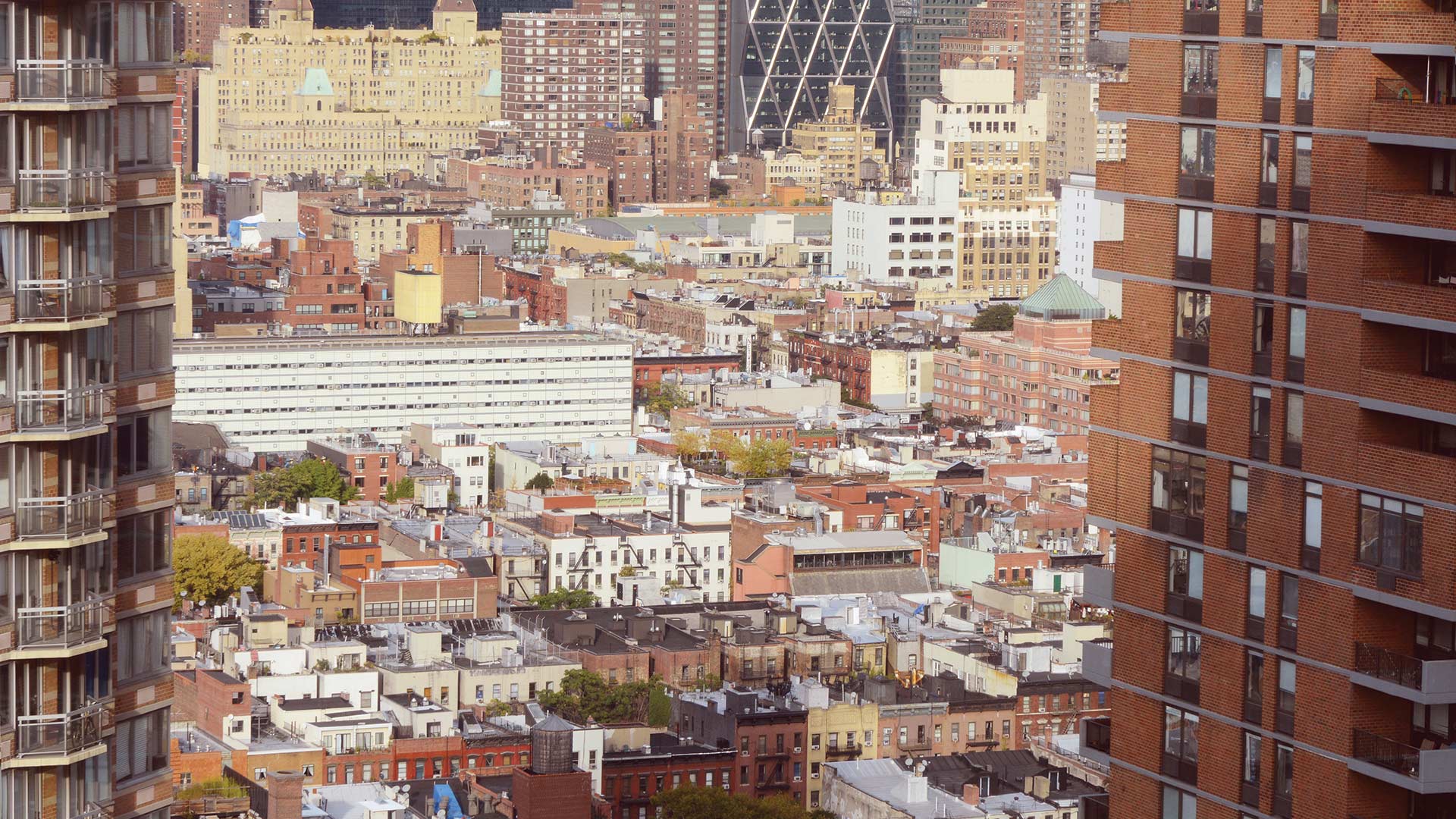
Summer in Midtown was hot and muggy, adding to the tension always penetrating New York City’s crack, AIDS and crime epicenter in the late 1980s and early 1990s. I was a young officer, less than two years on the job and still learning how to be a cop. I had recently transferred to the Port Authority Police Department’s Bus Terminal Command in New York City’s Hell’s Kitchen on the west side of Manhattan. The BT, as cops called the command, was a gritty, crime-infested patrol where cops were thrown into the uncensored underbelly of the city’s social ailments and failures.
BT cops walked the blood- and urine-soaked Hell’s Kitchen sidewalks, empty crack vials accumulating in their boot treads. As summer’s heat and humidity upped their body temperatures, it was not long before the T-shirts under their vests were soaked with sweat. The surge of perspiration migrated to the crotch; swamp ass was soon to follow.
No cop wanted to be the one lying face-down, blood leaving his body with the smell of urine permeating his final breath.
BT patrols were populated by the homeless, crack addicts, funky street creatures priming a pounce to score whatever could be had, prostitutes with their pathetic pimps, and gangs. Violent gangs used their numbers to control the area, mostly by way of the knife. The blood to be spilled on these streets was as certain as the sunrise. No cop wanted to be the one lying face-down, blood leaving his body with the smell of urine permeating his final breath.
One evening, I was sent to a stabbing in front of one of the many seedy, rundown Hell’s Kitchen movie theaters on the Deuce (cop speak for 42nd Street slicing through the heart of Midtown). I was relieved I did not have to go inside the dark theater — something I had done many times. Even using a flashlight, I was never able to avoid the squish beneath my boots of the bodily fluids left in the wake of deviant behavior.
This job had me performing on the sidewalk surrounded by what I recognized as opposing gang members. I knew their tells — colors, tattoos, utterances and flashy teeth ornaments. The knife left the gangster with a sucking chest wound, filling his chest cavity with air, shutting down his breathing and allowing life to slowly escape, meaning paperwork I did not want to do. I kept an eye out for knives while trying to keep the thug alive. A cop answered up on the radio, responding as backup.
She was a tough, hardened cop, senior by some years, a statuesque blonde who studied art in Europe. I knew her as my training officer on my first day at the BT. We were walking the Deuce — she was talking the job and I was trying to take it all in. Suddenly, she grabbed a street skell, threw him to the ground, cuffed him, got him back on his feet and began her way back to the station house with the perp before I knew what was happening. Welcome to the BT.
She pushed her way through the crowd, finding me struggling with the victim, who was intent on getting back in the fight. I had his T-shirt cut open, exposing the wound. My backup, known to the gangs, had no problem staring down the gangsters in such an intimidating manner they immediately complied with the message in her eyes. She then told the thug she was going to let him die if he didn’t lose the attitude. He knew she was serious. She bent down, reaching to grab my left arm. I kept pulling it away from her grasp. Finally, having enough, she gripped my arm as if she were an angry mother pissed off at her child. She then took my index finger and shoved it into the hole in the mutt’s chest. Everything seemed to stop. I turned to her, looking perplexed. She returned the look, saying, “That’s how you keep the motherfucker alive!”
It is said that it’s always a good day when you learn something new, and I did. The real lesson that day, though, was to trust the senior cop, because they know so much more than the new guy.
As seen in the October 2022 issue of American Police Beat magazine.
Don’t miss out on another issue today! Click below:





